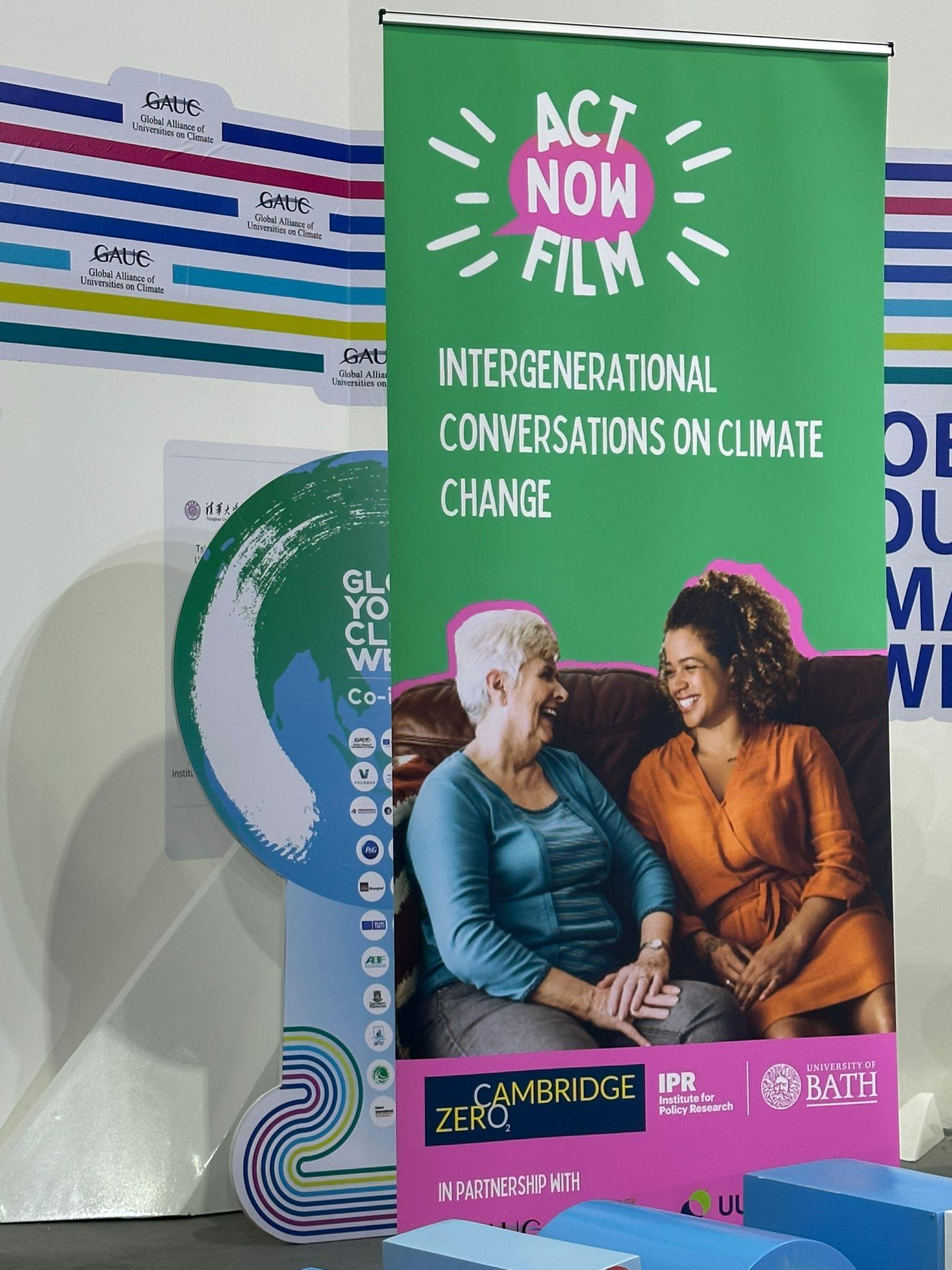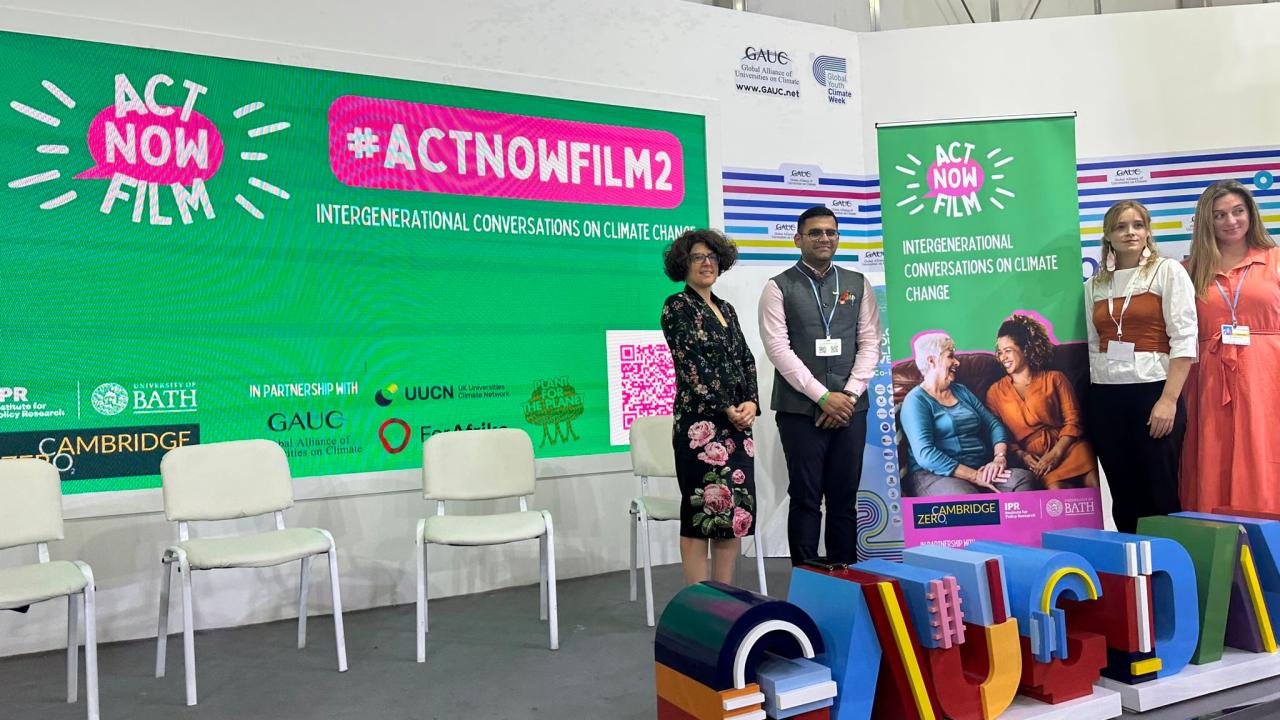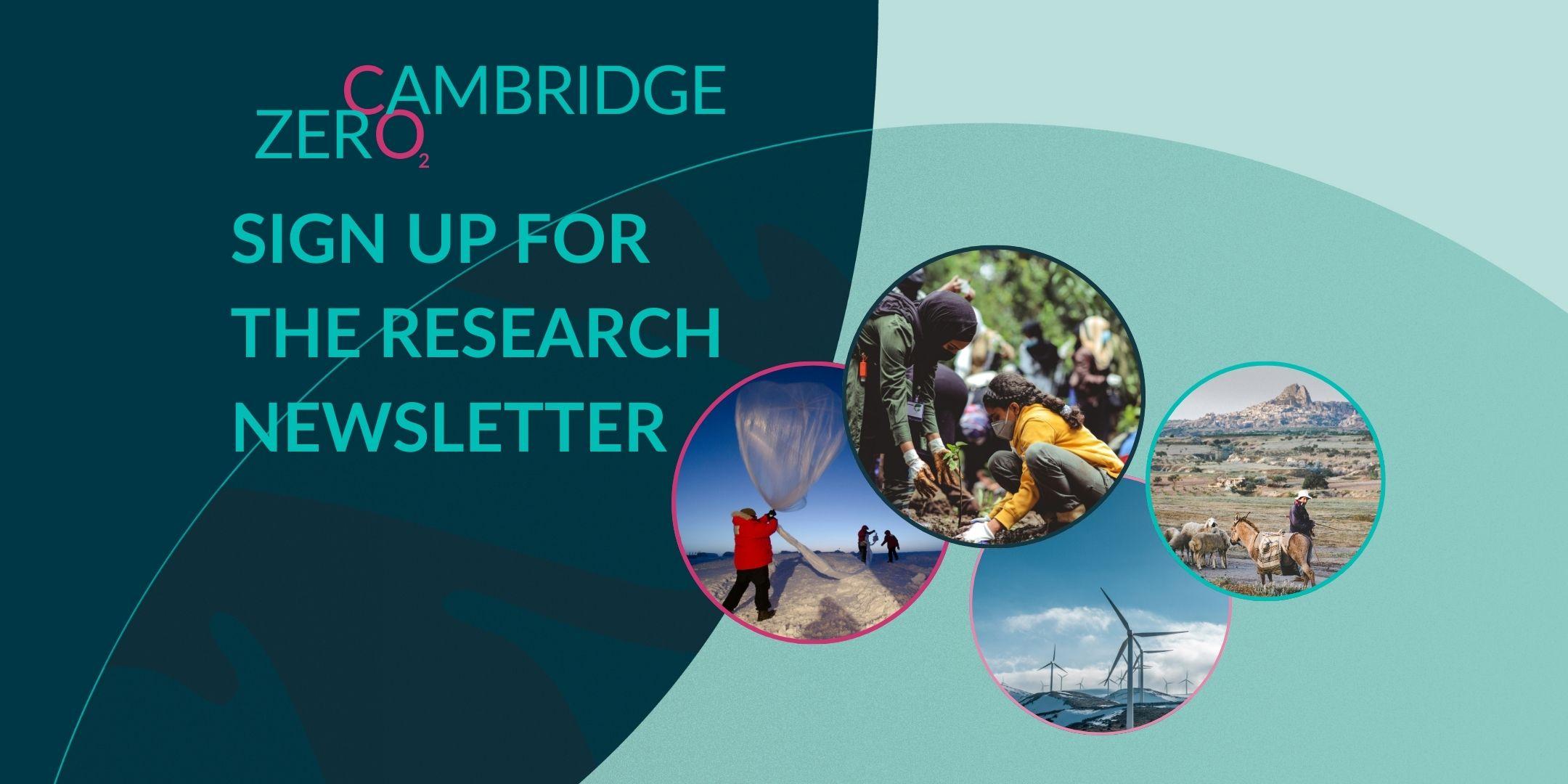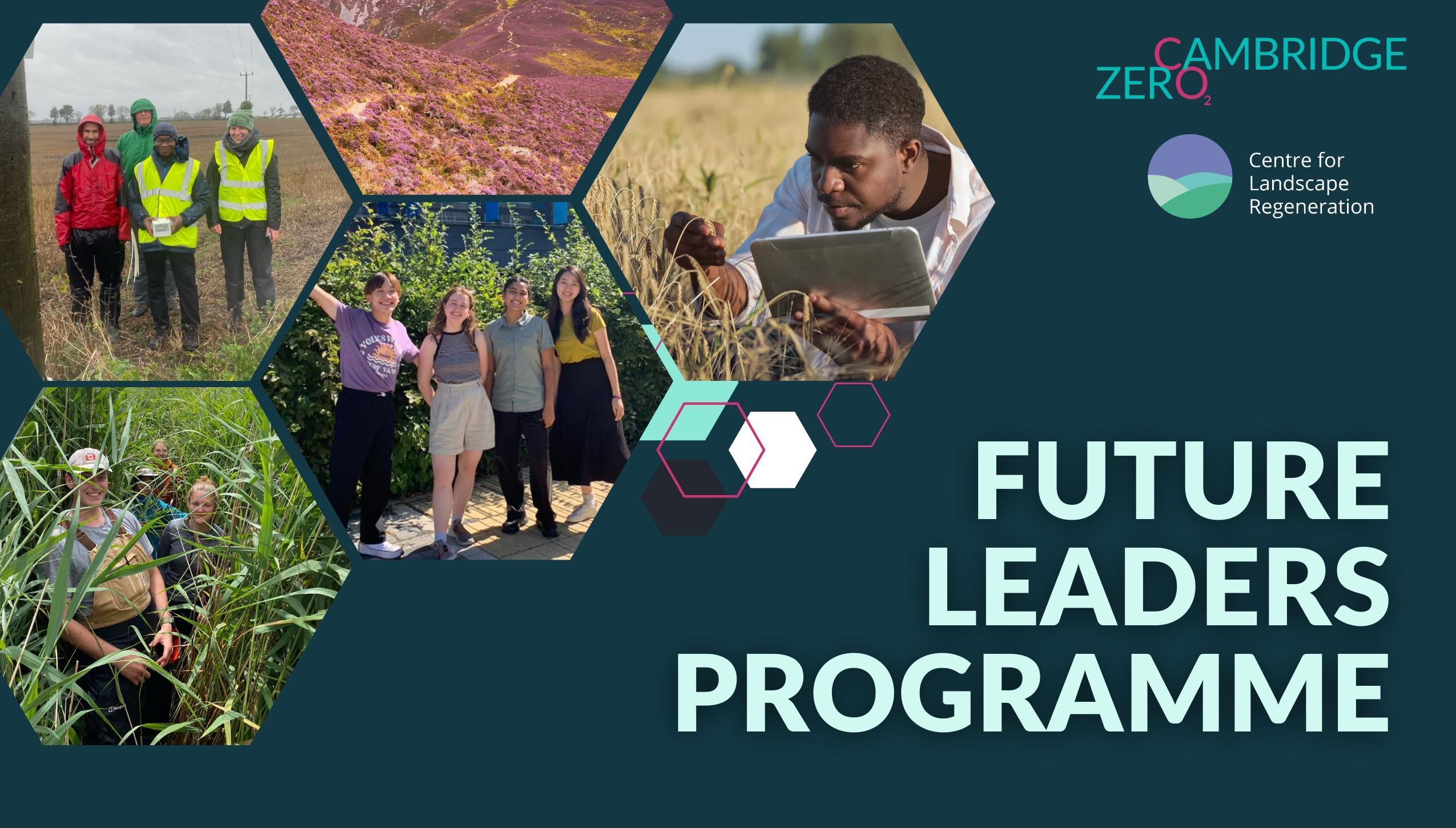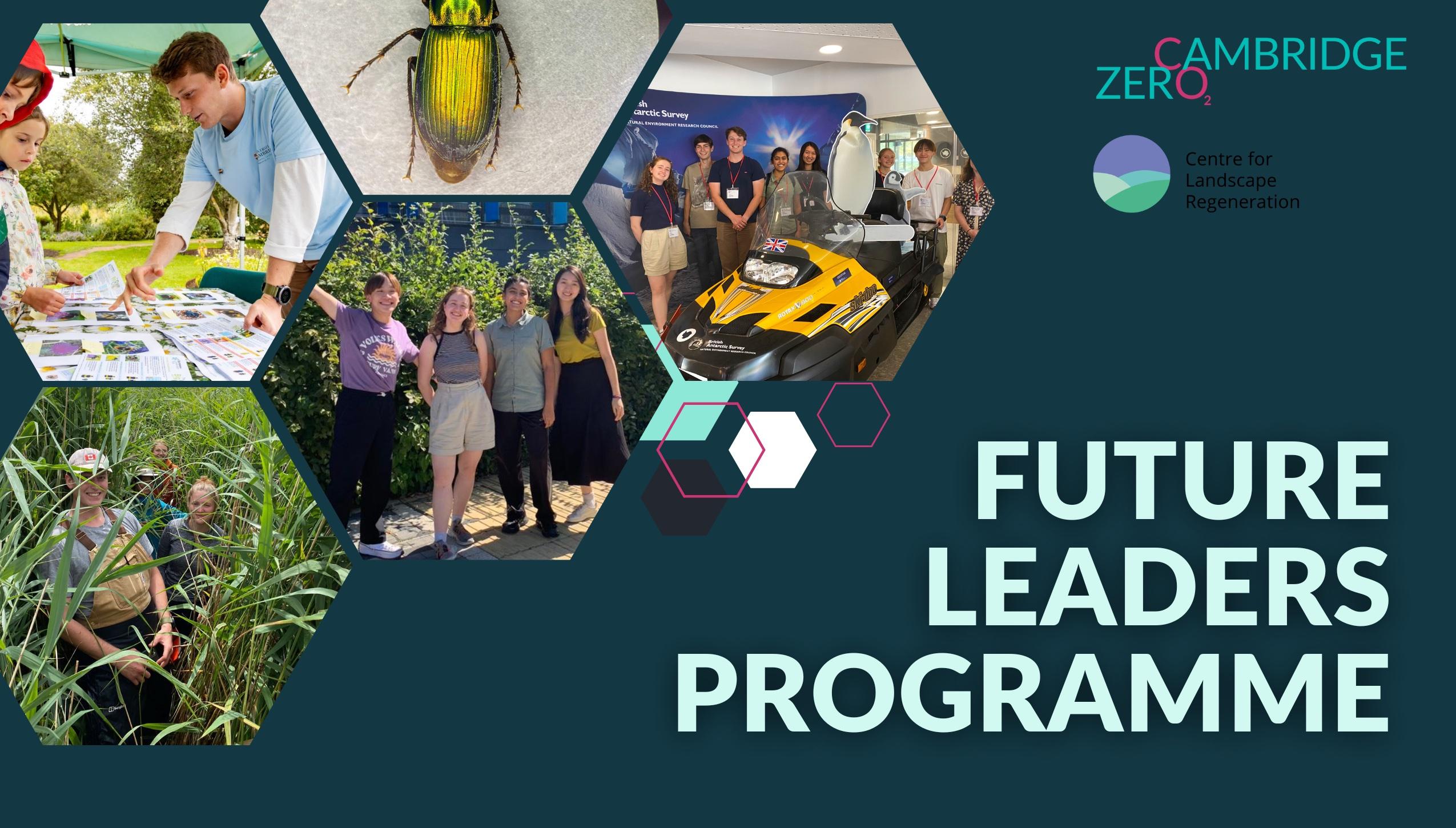It’s Wednesday, which means we are already halfway through the first week of COP27. Following the National Statements, which were presented over two days, it is now time to focus the attention on the actual negotiations. Every COP day usually has a special theme, like Youth, Gender or Loss and Damage. Today was 'Finance Day', which is probably the defining but also most controversial issue of this year‘s conference. As negotiations are going to really pick up now, I recommend following the daily coverage of the Earth Negotiations Bulletin (ENB) to get the most recent and comprehensive summaries of what is going in the various negotiation rooms (and beyond).
Meanwhile, I would like to dedicate today’s post to talk about an event I attended today, organised by Cambridge Zero together with the Institute for Policy Research (IPR) at the University of Bath, and held at the China Pavilion.
The event was centered around the premiere screening of a short film called 'ActNowFilm2', produced by the involved partners mentioned above. Prior to the screening, Professor Emily Shuckburgh, Director of Cambridge Zero, introduced the film. She explained that the film shows the lived experiences of young people, their hopes and fears in the face of climate change, and the associated losses and damages. ActNowFilm2 is intended to visualise how the fight against climate change cuts across ages and generation; how it unites us in our common need to take action. Emily emphasised that young people are not alone in this fight, but that they shall do it with the help of older generations.
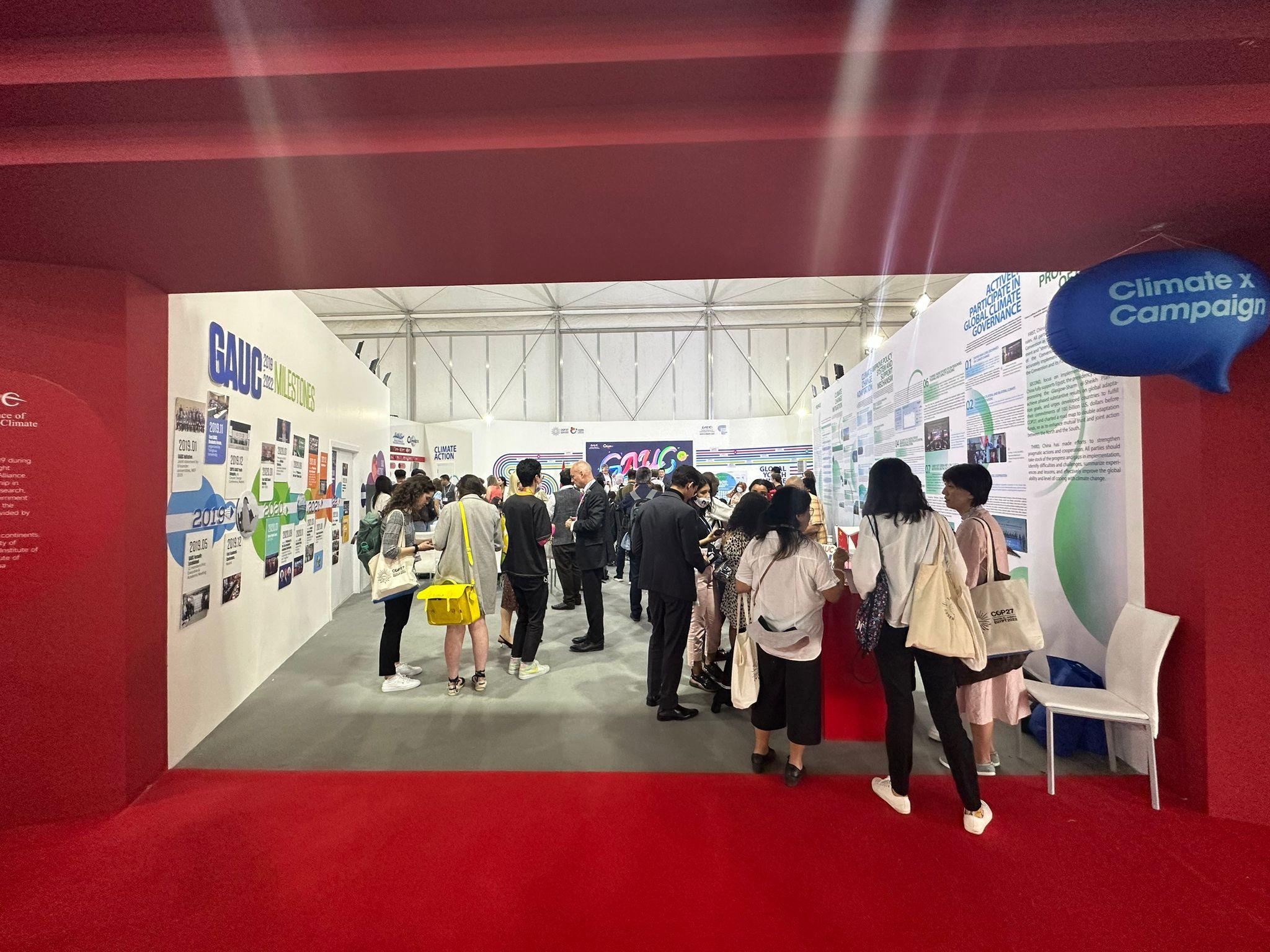
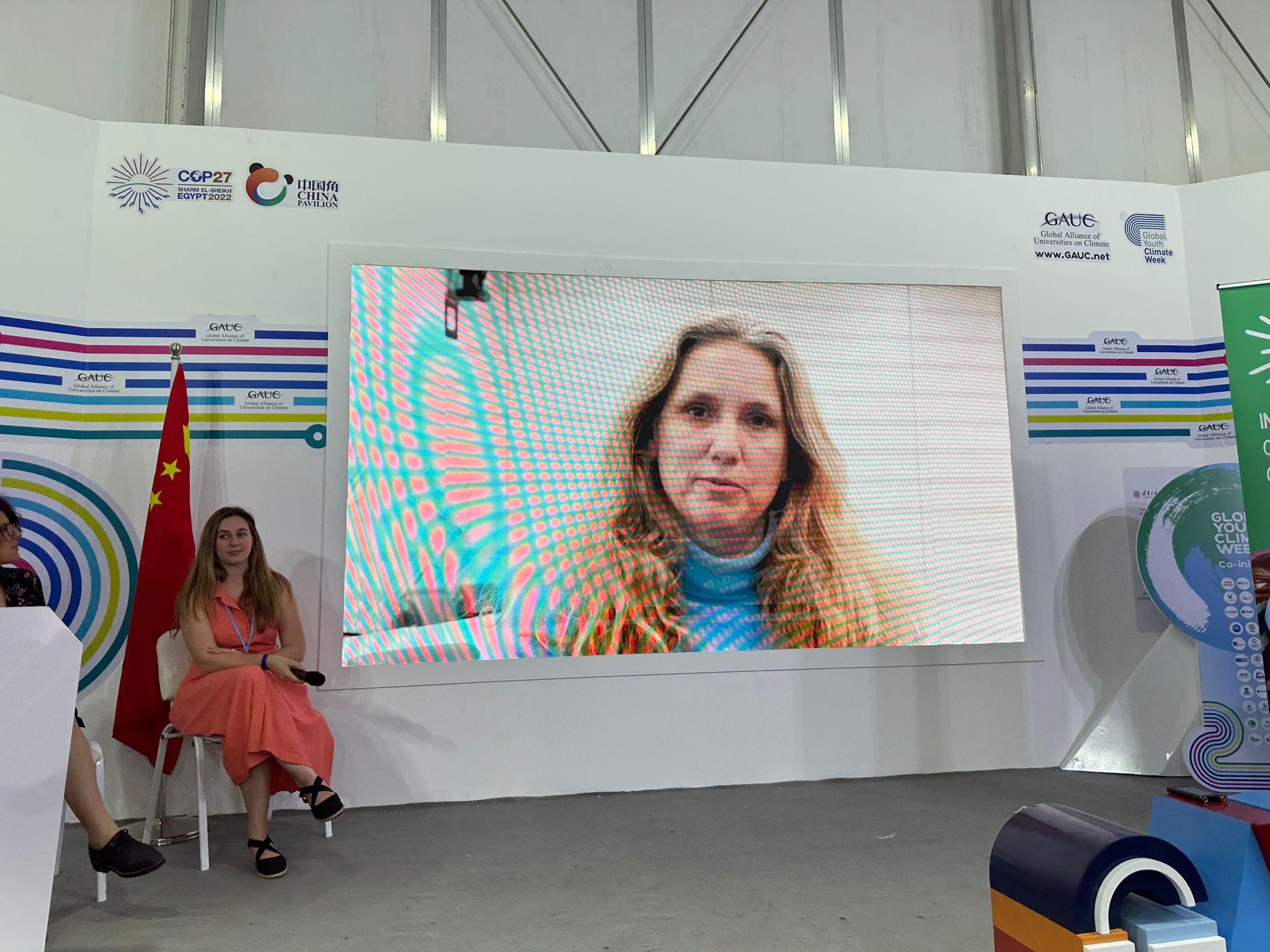
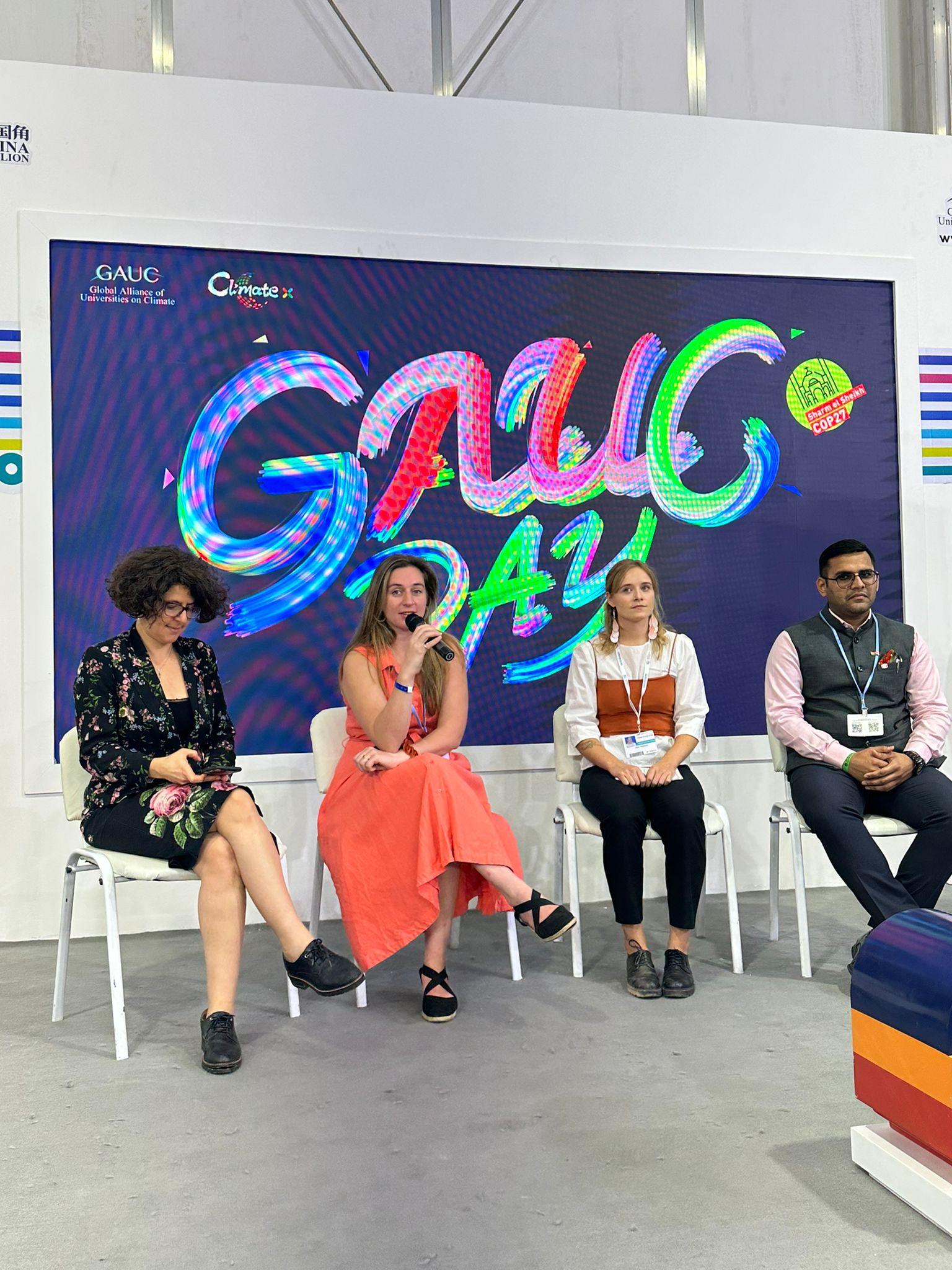
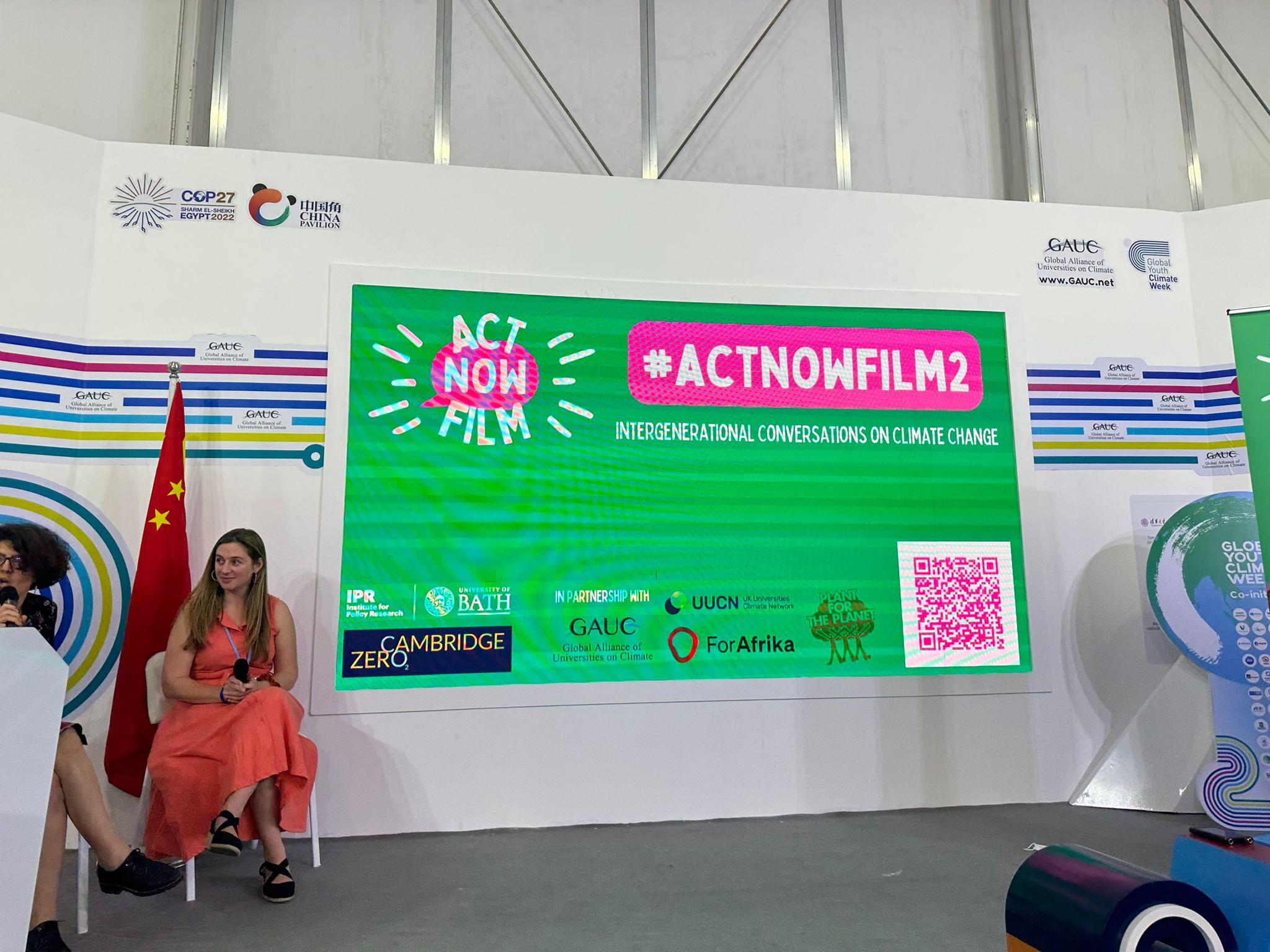
The screening was hosted by Alyssa Gilbert from Imperial College London and framed by a panel of people involved in the production of the film, including Amy Munro-Faure from Cambridge Zero who shared parts of her emotional journey with the audience. Amy talked about how she started to think about her family and conversations she had with her grandma while the film was being produced. As the film is about intergenerational voices, she was reminded of how her grandma had told her about how she used to pick mussels at a place where no mussels could be found anymore - a result of the changing climate around us? Amy went on to highlight how the voices in the film are fundamentally and intensely human. She explained how in the process of making the film they had sent out invitations to young people all over the world and asked them to film conversations with older people about the fears and hopes they had - a truly unique and highly emotional project.
What followed were 16 minutes of testimony from young and old about the already felt and potential future impacts of climate change, the fears and uncertainties they create as well as the demands that young people have towards those in power today.
In a set of questions, young people asked their older counterparts about the changes in climate they had experienced over their lifetimes. Some mentioned changes in seasons, more frequent flooding and landslides in Africa, longer and sooner bushfires in Australia, water scarcity in Chile, land use changes in Germany, unbearable temperatures in India…
Then young people were asked about what they feared the most. Mentions were made about the unknowns of climate change, the physical and psychological affects on people as well as the guilt about having children. A very young girl said with a very straight voice that “we are all already quite hopeless about the future and that we won’t have the same quality of life as the people before us.” There was anger expressed about the world they are inheriting. Someone said he felt an “overwhelming sense of injustice and even more overwhelming sense of sadness for those people that face the most severe consequences but have not contributed to the crisis” - which is essentially the core of what loss and damage is about and what hopefully will drive some of the negotiations on loss and damage finance forward this year.
Finally, someone mentioned they had hope in the scientists and that policymakers will be finally implementing the solutions that are already there. Others found optimism in the idea of intergenerational solidarity - which is probably the key message of the short film.
At the end, one person said they hope their children can get to know the world even a little bit like it is today, that they will be able to walk through a forest and smell the scents. This very basic but so fundamentally important wish - and the whole film - are a stark reminder about what is at stake in the fight against climate change and at COP27 - the future of our children and of our (natural) world as we know it. This was also echoed by youth panelists Ellen Haahslahti, Prayank Jain and Kenia Diva who had participated in the film.
